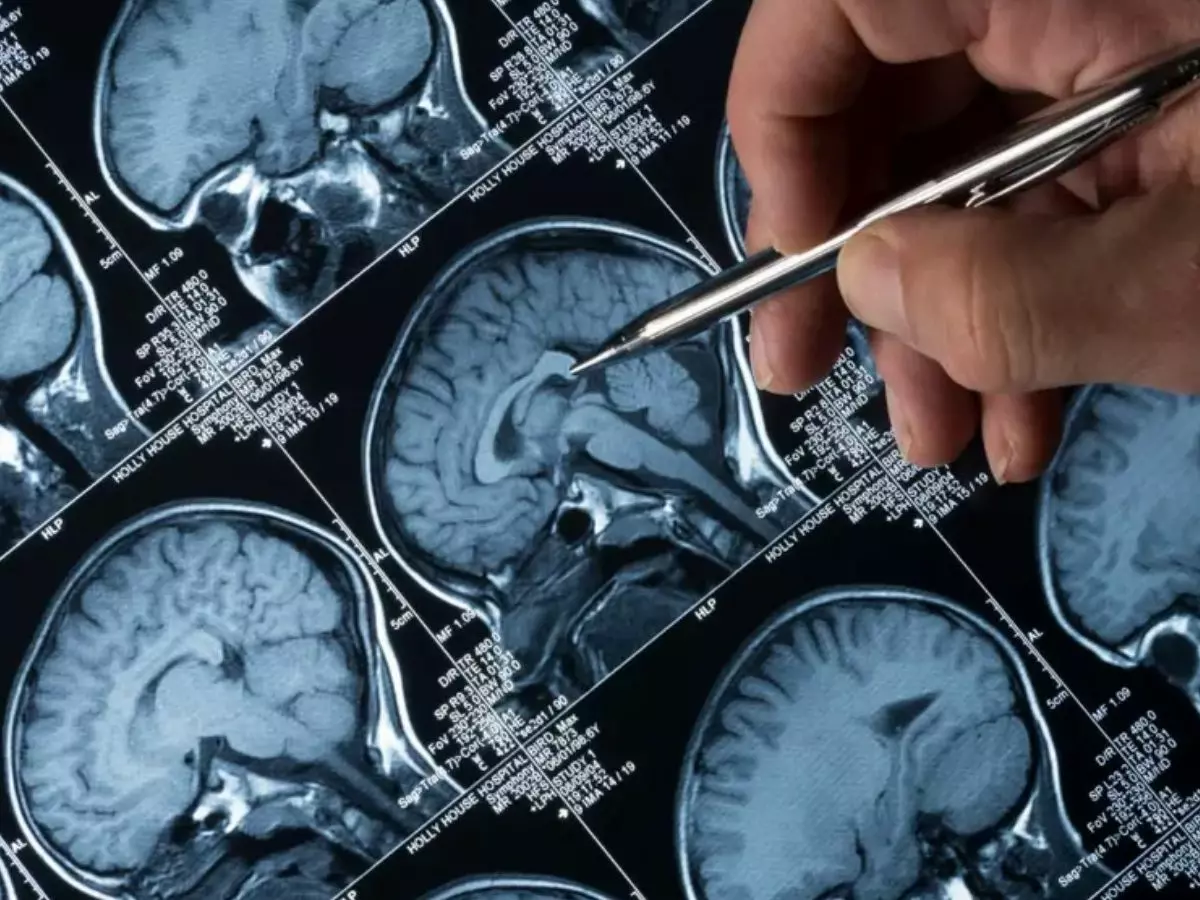AI Effort To Detect Brain Tumour Early And Save Over 80,000 Lives Launched Worldwide
Intel along with the University of Pennsylvania has announced a collaboration involving 29 international medical centres that have helped in training AI models to detect brain tumours. This is being done as a part of the Informatics Technology for Cancer Research (ITCR) program of the National Cancer Institute.

Intel along with the University of Pennsylvania has announced a collaboration involving 29 international medical centres that have helped in training AI models to detect brain tumours.
This is being done as a part of the Informatics Technology for Cancer Research (ITCR) program of the National Cancer Institute.
 Getty Images
Getty Images
They will make the most of ¡®federated learning architecture¡¯ to remove relevant data while keeping things private and secure. National Institutes of Health has also announced that it is offering a $1.2 million grant for a three-year tenure to fund this effort.
Penn Medicine along with 29 healthcare and research institutes from the US, India, Canada, UK, Germany and other nations will use federated learning to fight brain tumours -- a distributed machine learning approach that allows organisations to collaborate on deep learning projects while also keeping the privacy of the patient intact.
According to a paper published by Penn Medicine, along with Intel Labs, they demonstrated that federated learning method could train a specific AI model to over 99 percent of the accuracy of a model trained in the traditional non-private method.
Dr Spyridon Bakas, principal investigator of the research said in a statement, ¡°It is widely accepted by our scientific community that machine learning training requires ample and diverse data that no single institution can hold. We are coordinating a federation of 29 collaborating international healthcare and research institutions, which will be able to train state-of-the-art AI models for healthcare, using privacy-preserving machine learning technologies, including federated learning.¡±
He added, ¡°This year, the federation will begin developing algorithms that identify brain tumors from a greatly expanded version of the International Brain Tumor Segmentation (BraTS) challenge dataset. This federation will allow medical researchers access to vastly greater amounts of healthcare data while protecting the security of that data.¡±
 Reuters
Reuters
As per the American Brain Tumor Association, nearly 80,000 people will be diagnosed with brain tumours this year. AI has the potential to help detect brain tumours accurately in time, in the past. However, to help it detect early, researchers need large amounts of data (while maintaining user privacy) to train the AI model to be smarter and more prompt. That¡¯s what federated learning is trying to do.
Jason Martin, principal engineer, Intel Labs said in a statement, ¡°AI shows great promise for the early detection of brain tumours, but it will require more data than any single medical centre holds to reach its full potential. Using Intel software and hardware and support from some of Intel Labs¡¯ brightest minds, we are working with the University of Pennsylvania and a federation of 29 collaborating medical centres to advance the identification of brain tumours while protecting sensitive patient data.¡±
